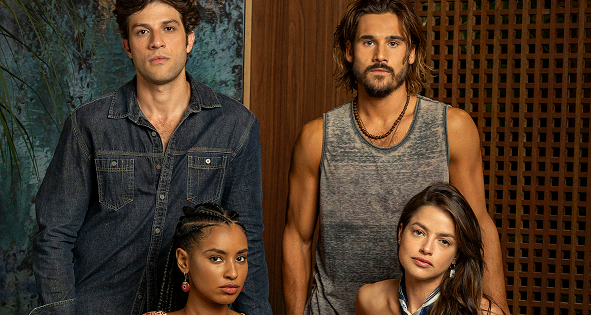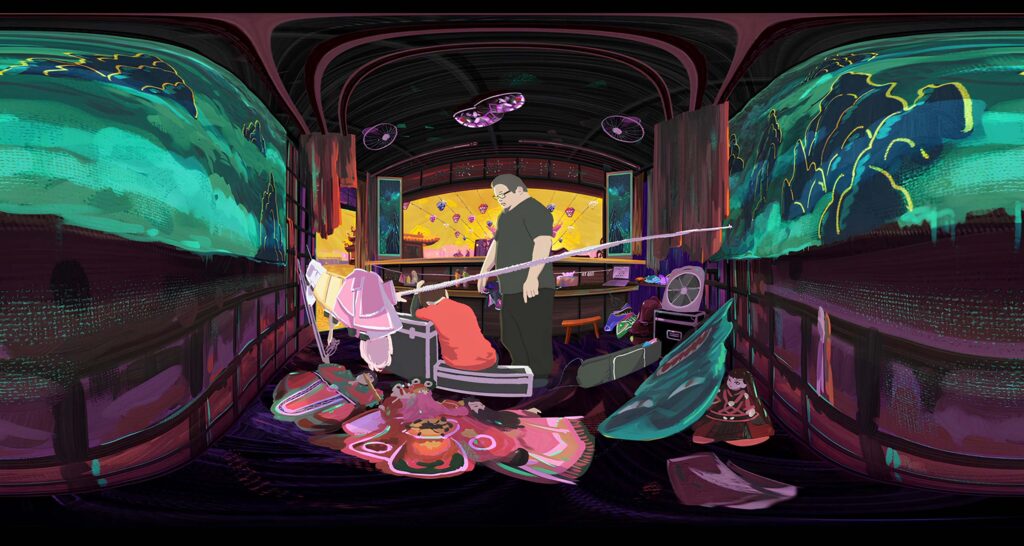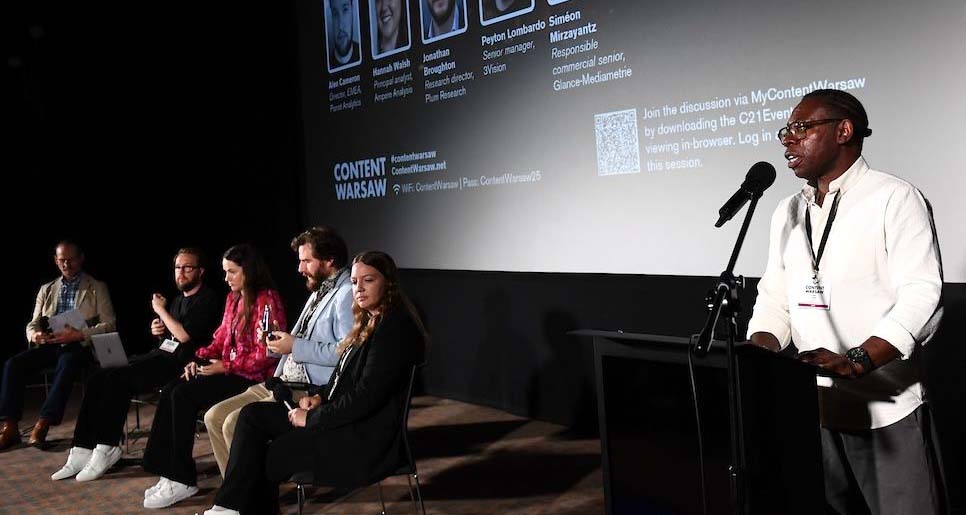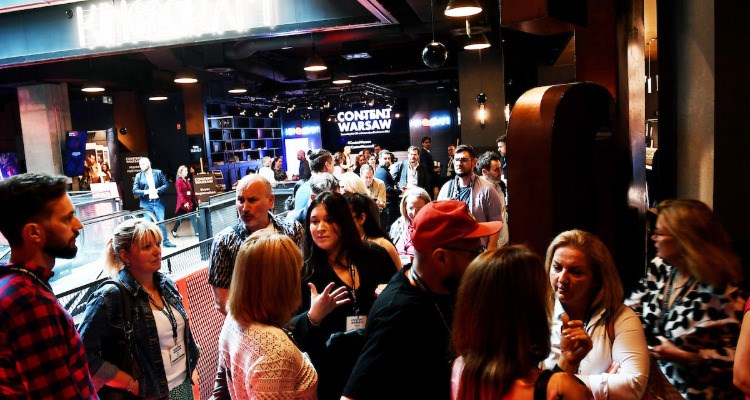The first MIPCOM 2021 keynote was led by women in key positions at UK’s Channel 4 and French Newen Studios and We Make, who offered the most updated details of their businesses and described the activities around the main topics of diversity and gender equity.
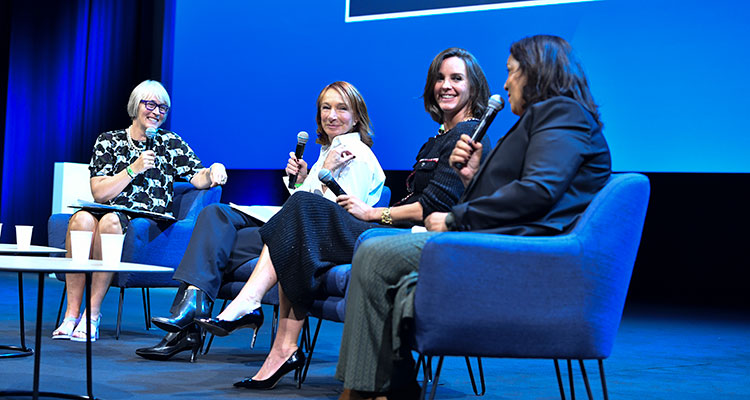
Alex Mahon, CEO of Channel 4 (UK), commented that these are ‘particular times’, especially for traditional TV, as there is more demand for content than ever: you have an audience that wants to see content anytime, anywhere’. She remarked that platform consumers are looking for shows that are bigger and more crowded and that trend is changing decision-making within broadcasters.
‘On the other hand, the role of the programmer was rewarded, because nowadays it must be much more ingenious when it comes to positioning content on linear to battle SVODs’, added Mahon, who concluded about fairness and diversity: ‘’I’m happy that Channel 4’s content represents the unrepresented. And in terms of fairness, there is a good balance of talents, genders and race in each of the C4 divisions’.
Bibiane Godfroid, CEO, Newen Studios, assured that one of the challenges today is the selection of talents: ‘The business model of co-production is increasingly common, and you have to be very strategic to create these alliances and be able to carry forward a project, either online or on the platform’.
Regarding inclusion in key positions, the executive assured that today there is ‘gender equality in all areas’ within Newen: ‘Our stories are reflecting this trend, we are giving visibility to female narratives, disruptive voices, and the themes of today’s dissent’, she concluded.
To conclude, Bouchra Rejani, founder and CEO at WeMake, said: ‘When we started the company we knew that we had to address the streamers needs, because we are experiencing a lack of scripted series and I think that is the greatest challenge of our times: enhance our production areas to have series with high quality values’.
‘For me, battling inclusion and diversity has been a process of more than a decade. In France, the narratives of inclusion on screen have slowly changed, driven by audiences, but there is still a lot of work to do to include women in key leadership positions in French industry’, she finished.

